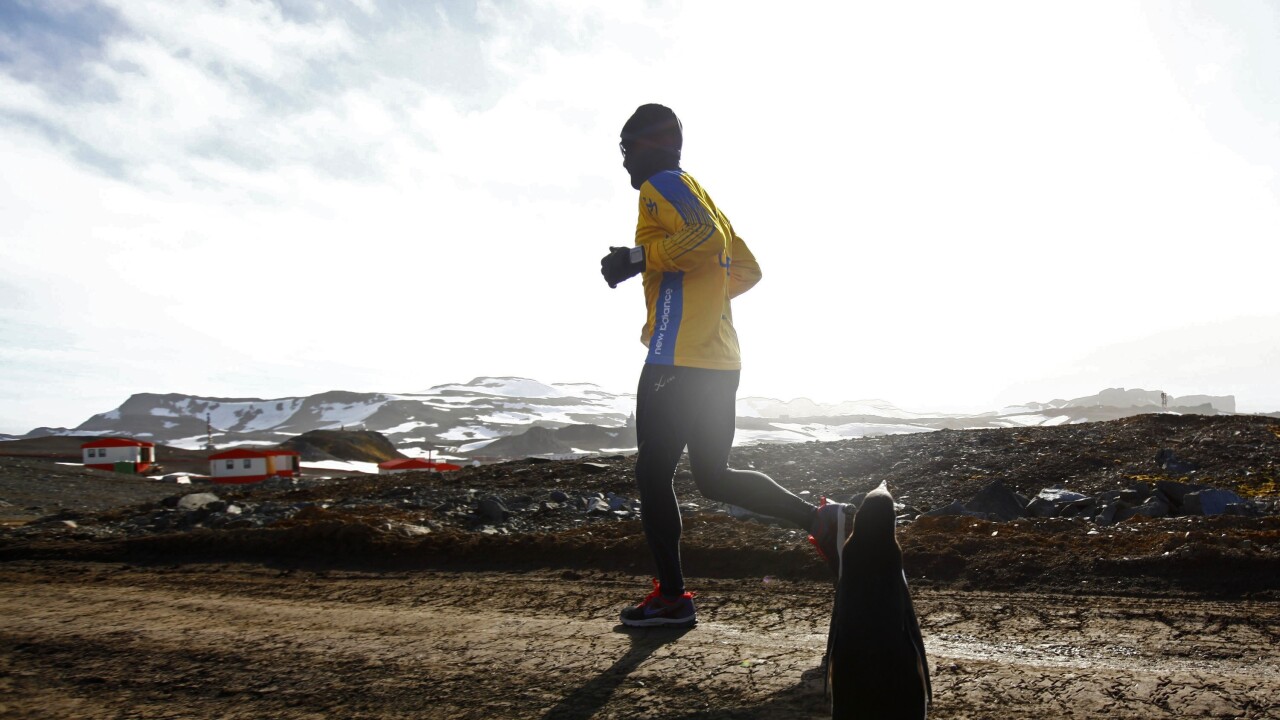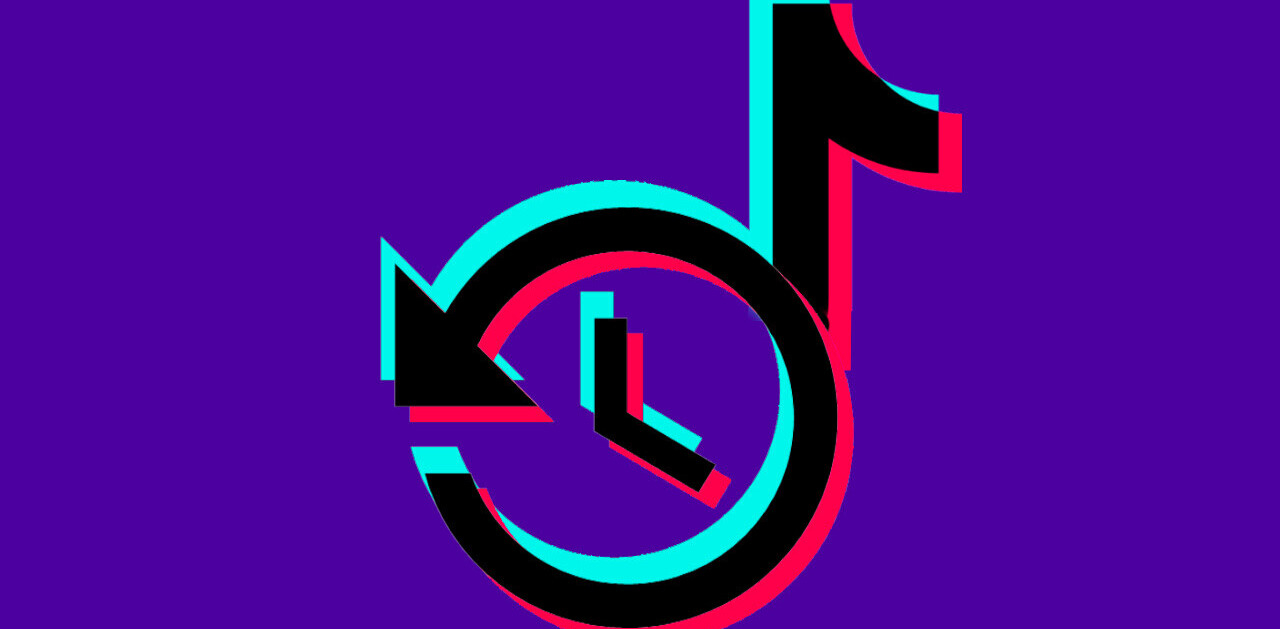
Most fitness and health apps only record a single type of data. I use a dozen or so different services to track my exercise regime, diet and sleep pattern as a result. Moves for iOS is my virtual pedometer, while Nike+ tracks the odd run I do throughout the week. MyFitnessPal takes care of my food intake, but requires that I input any and all exercise – including calories burned, which I don’t know most of the time – manually.
The issue with all of these apps is that they live in their own little bubble. Nike+ Running is a tremendous app for recording the intricacies of each session, such as the total distance covered and the average number of minutes taken to complete each mile. I know exactly what I’ve done in the past and what constitutes progress. Run a little faster or go a little further than last time. That’s all there is to it.
When I perform badly though, I don’t know why. Last week I had a simply terrible run – I felt lethargic, too hot and short of breath after the first couple of miles. Within 10 or 15 minutes I had given up and was walking home feeling rather disgruntled. Could Nike+ Running tell me where I went wrong? Nope.
Any number of factors could have affected that run. Perhaps I ate too much takeout that week. Possibly I wasn’t getting enough sleep. Maybe I just needed to give myself a day to rest up and recover. Or I was stressed. In all likelihood, it was a strange mixture of all the above.
We already have the answer
The kicker is that all of this information is locked away in other apps that I use. MyFitnessPal is storing all of my dietary information and no doubt holds some of the answers. Moves is tracking the total number of steps I take each day – if I suddenly put on weight that’s probably a good place to start. If I’m feeling lethargic at work, my sleep pattern and caffeine intake could shed some light.
Now, I understand why many of these apps don’t cover absolutely everything in the health and fitness space. Especially for startups, it’s just too big a task. It would be like trying to develop six businesses at once – better to do one, and do it well to begin with.
But there’s a huge space in the market to start analyzing this mountain of data. In the end, we all use these apps to improve our health or fitness levels. What I want is recommendations. Actions that I can take, based on the information that I’ve already logged, to improve my wellbeing.
The end-goal is this. If Sleep Cycle shows that I’m sleeping poorly, or struggling to get to sleep, my device should be able to tell me the reasons why. If an app can look at all of my data at once, there’s an opportunity to analyze where I’m going wrong. Tasks can then be assigned: Stop watching The Walking Dead – you freak out over nothing. Stop drinking coffee after 7pm.
Or say I’m struggling to concentrate at work. By reviewing my diet, it might recommend: You’re eating too many sugary foods and not enough protein. Change your diet accordingly, or go to sleep a little earlier. Heck, it could even look at my Starbucks app and tell me to stop drinking frappucinos in order to lose a few extra pounds.
Smart recommendations are helpful for everyone. From those just trying to be a little perkier at work, all the way up to professional athletes looking to shave some minutes off their best time in the London Marathon. Not all of us can afford personal trainers, but the genius is that our smartphones have the potential to be that personal trainer.
Who’s going to make it happen?
I don’t know the solution. Perhaps all of these apps need to create open APIs and just start using each other’s data a little more. Possibly one super company needs to come along and create an app that does absolutely everything. Or maybe there needs to be a single app that simply pulls all of this information together from other apps and works out the best course of action.
Wearables are being touted as the next frontier for consumer technology. Fitness devices such as the Nike FuelBand, Fitbit and Withings Pulse have all taken steps to streamline the act of recording how we exercise. But unless these devices can process this information, it’s not all that helpful.
A couple of apps such as ARGUS are showing promise in this area. They pull all of the data together, but still struggle to provide any meaningful context from it. Admittedly, this is a tough nut to crack. But whoever does it first will be onto something rather special.
Image Credit: JOEL ESTAY/AFP/Getty Images
Get the TNW newsletter
Get the most important tech news in your inbox each week.






